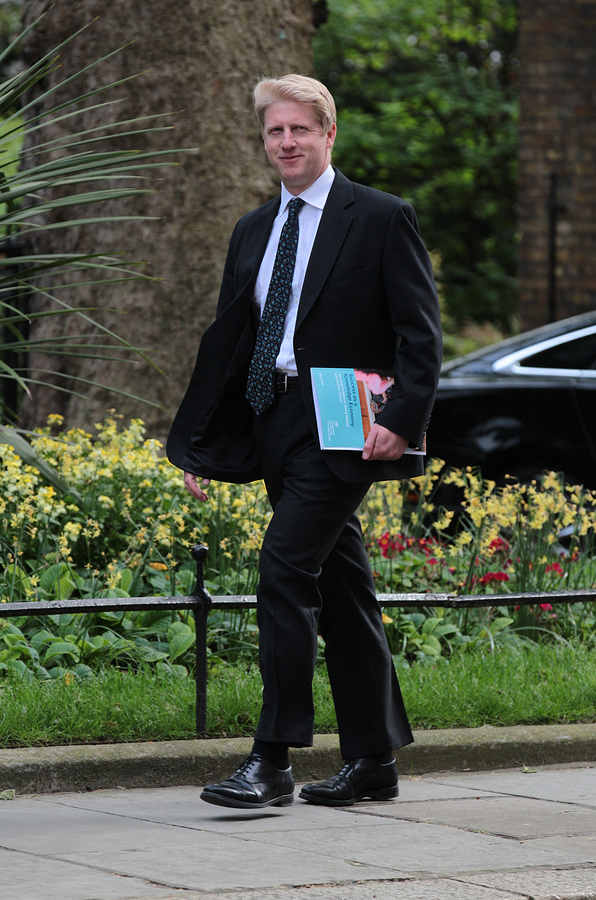Universities are to face fines for Vice Chancellors fees, while students experience a rise in mental health problems.
The latest in a spate of recent salaries reveals, which kicked off with top presenters at the BBC, has exposed excessive vice-chancellor salaries at universities across the country. The average salary for a vice-chancellor is £257,904 a year, with many making much more. Dame Glynis Breakwell, vice-chancellor of the University of Bath, sits well above the average with the top annual salary of £451,000.

Universities minister Jo Johnson is urging universities to ‘embrace accountability’ and ensure that exceptional pay is justified with exceptional performance. He is expected to introduce measures that force universities into this financial accountability. These new procedures will likely make that justification a part of a university’s condition of registration. Any university that pays its vice-chancellor more than £150,000 a year will face a fine if they are unable to provide a reasonable explanation for these higher salaries. What an acceptable justification will look like is still unknown.
The new Office for Students, established by the Higher Education and Research Act 2017, will be the regulator for Higher Education sector once it is fully operational in April 2018. Johnson is calling on them to “take action to ensure value for money and transparency for students and the taxpayer.” He is also urging universities to publically publish salaries of all top staff. Johnson wants to see the introduction of a ‘remuneration code’ that will provide details of the pay ratio of staff, along with justifications for any excesses at the top end of the scale.
While his concern for students getting their money’s worth at university is apparent in his quest for increased accountability at the vice-chancellor level, Johnson has no intentions of lowering the current £9,000 per year tuition fees. “We will continue to look at the details of the student finance regime to ensure it remains fair and effective. But getting rid of fees does little to help young people.”
This all comes at the same time that student anxieties over rising tuition costs are increasing. According to a number of Universities and mental health organisations, increases in tuition fees have ‘led to surge in students seeking counselling’ over the past few years. One study found that 25% of architecture students were treated for mental illness, while another found that 78% of students claimed to have experienced mental health concerns in the last year. More than half of these students did not seek professional help.
Universities UK, the body representing higher education institutions, is calling for more grants to address student concerns over living costs while they are studying. Last year, grants for living costs were eliminated in favour of loans, a move that is expected to increase debt amongst the poorest families. Higher tuition costs and the lack of financial support is a startlingly unfair reality for many students, especially with the revelation of rising vice-chancellors’ pay. Both need to be addressed - let’s hope that newly appointed Chief Executive of the Office for Students, Nicola Dandridge, is up for the challenge.